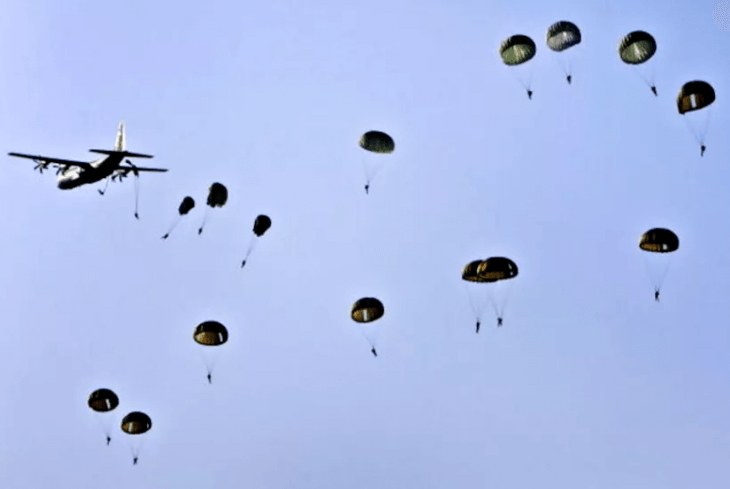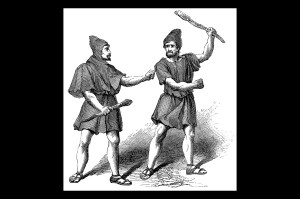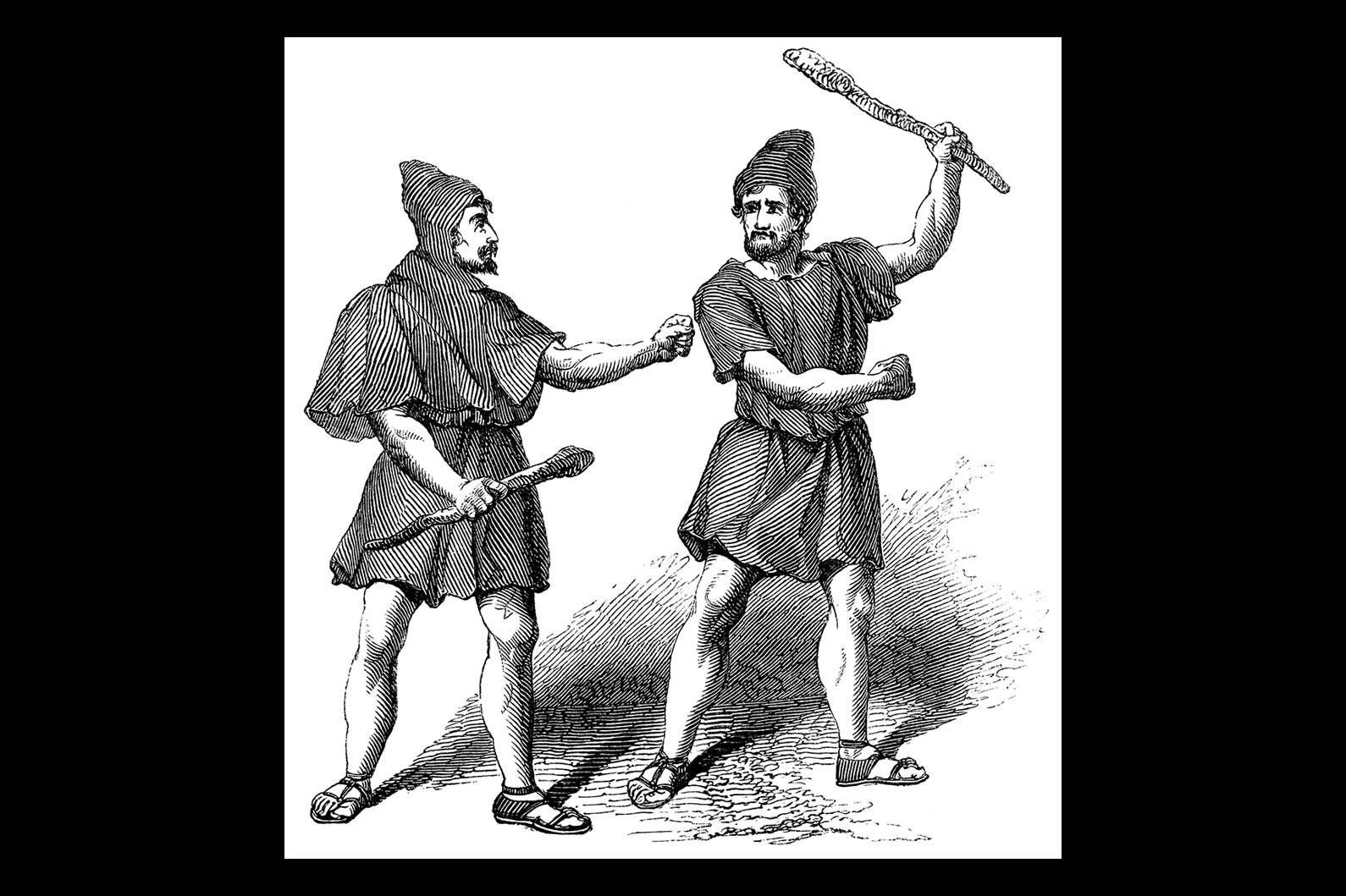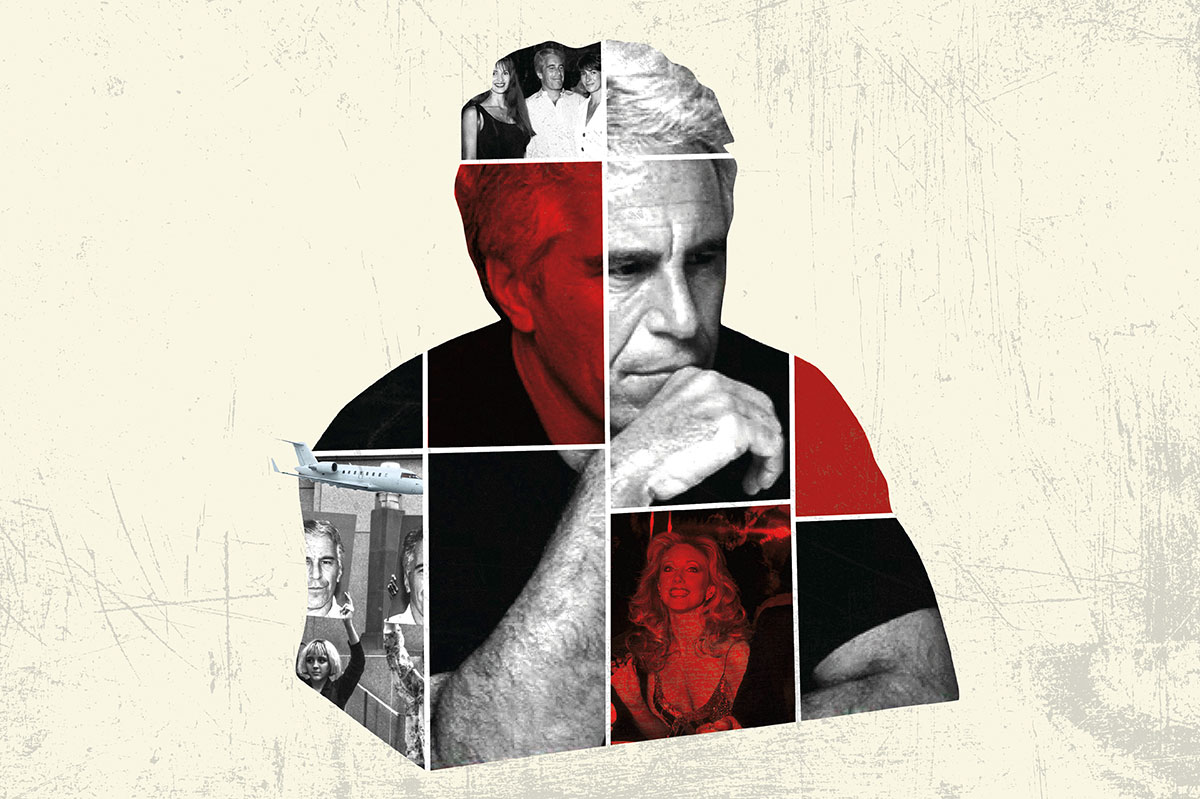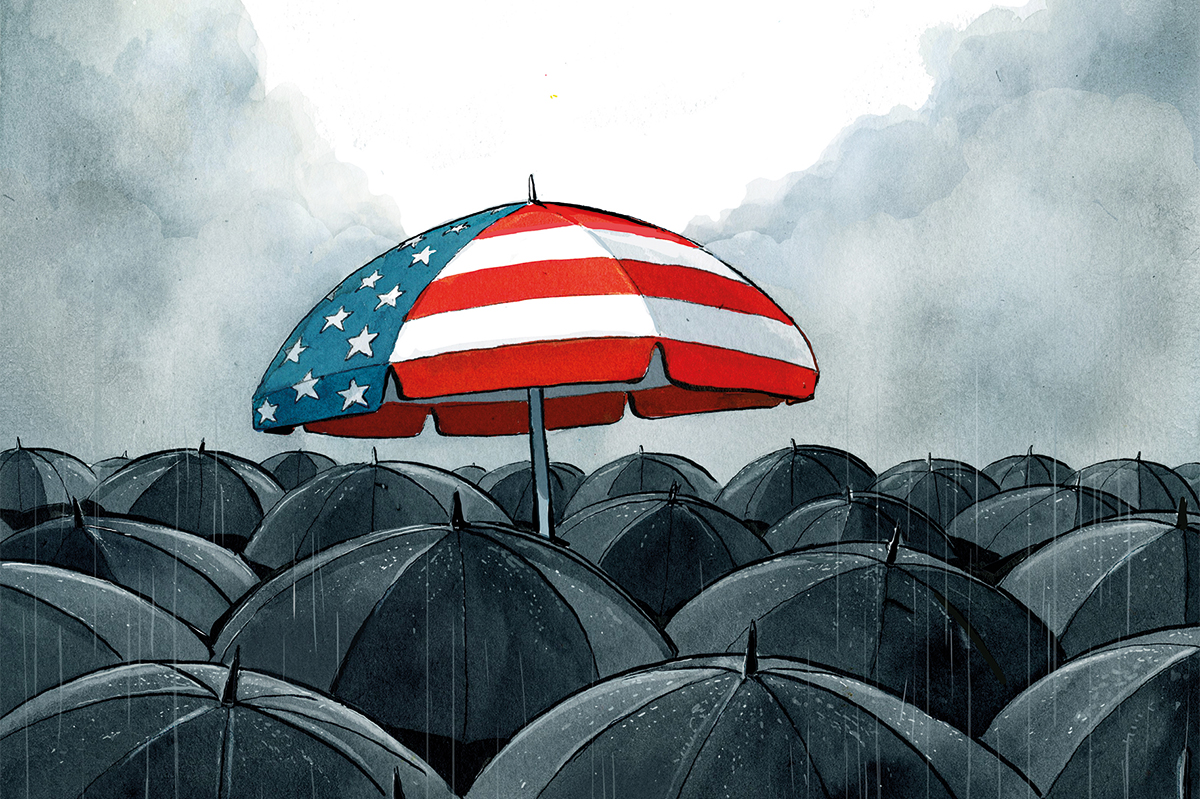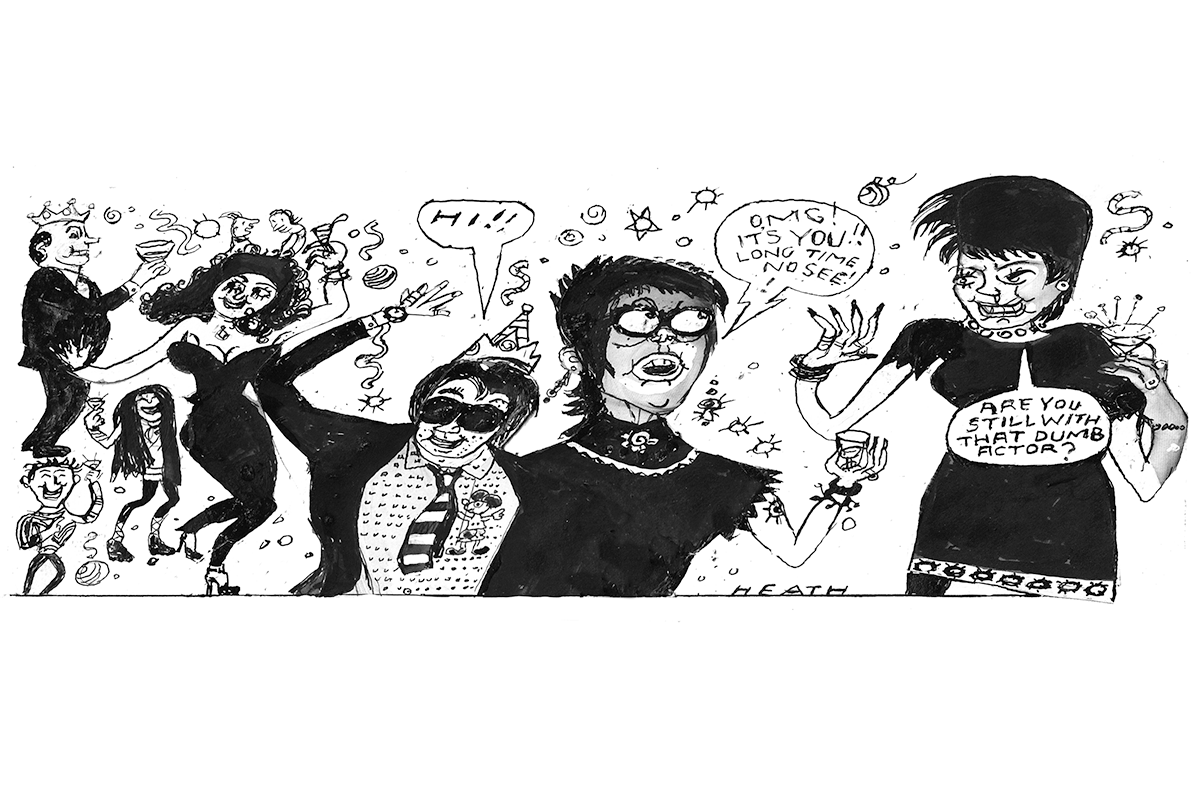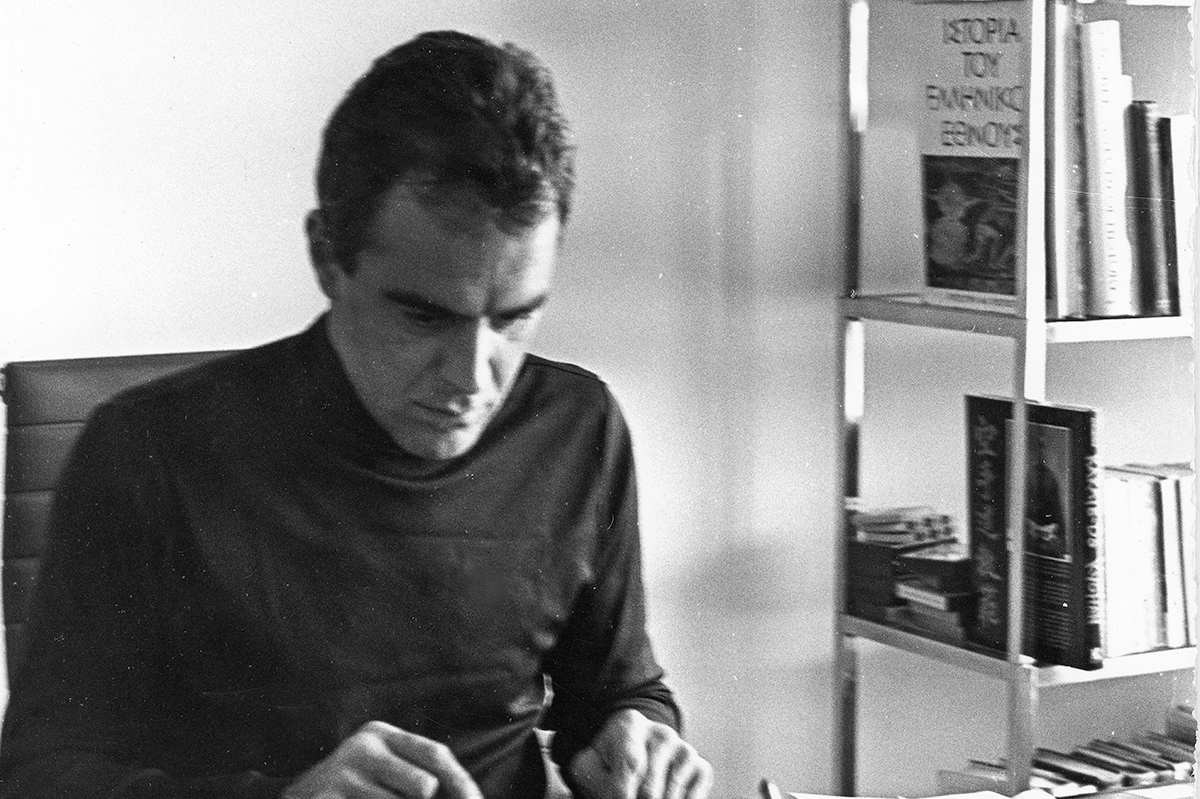In the high summer of 1944 the Allies achieved their major victory in Normandy with the closing of the German pocket centred on Falaise. By the end of August, Paris had been liberated, and the Wehrmacht was apparently in full flight; Brussels fell to the Allies in early September. For many, the end of the war in Europe was in sight — perhaps by Christmas that year.
But Allied success brought serious logistical problems: supplies were still having to be landed on the Normandy beaches and transported forward along increasingly distant lines of communication. This difficulty also exacerbated the clash of personalities between Allied senior commanders: General George Patton, with his great offensive spirit, wanted priority given to the Third US Army in order to attack Germany through Metz and the Saar. Britain’s General Bernard Montgomery (shortly to be Field Marshal), on the other hand, believed that he could defeat Germany by a single thrust from Belgium and Holland into the Ruhr, Germany’s industrial heartland, thereby forcing the enemy to capitulate.
The Supreme Commander, General Dwight Eisenhower, no doubt conscious of the need to maintain Allied harmony, decided not to favour either general but instead adopt a strategy of a broad advance on both the northern and eastern axes, to the frustration of both his subordinates.
It was at this point that Monty declined to give priority to the opening of the approaches to Antwerp harbour — which would have greatly eased the logistic problem — and devised the strategically ambitious plan to conduct an airborne operation to open the route to the Ruhr and beyond. A successful crossing of the Rhine at Arnhem by Monty’s forces required a ground link-up of some 60 miles along a single road bordered by reclaimed marshland, which included the capture of some six more bridges.
The strategy was clear: a rapid entry into Germany, followed by complete Allied victory in Europe. The means comprised the British 1st, and the US 82nd and 101st Airborne Divisions; and 30 Corps as the link-up force. The way was the ‘Airborne carpet’ to secure the bridges on the route to Arnhem. The plan — Operation Market Garden — was audacious, imaginative, and potentially decisive, but it ended in failure. Antony Beevor is clear that the primary reason for failure was that the design for battle was foolhardy; indeed, he describes it as ‘doomed from the start’. If that verdict is true, then Montgomery and General ‘Boy’ Browning, the British commander of the Allied airborne force, bear a heavy burden.
I must declare my viewpoint. I write as a military man who spent most of the first part of his service as an airborne officer. As such, I am immensely proud of the extra-ordinary fighting spirit which epitomised the lst Airborne Division at Arnhem. Latterly, as a general, I have thought deeply about the verdict ‘doomed from the start’.
The prize was beyond price (what if the Allies had reached Berlin before the Red Army?). The question is whether the concomitant risk was too great. Beevor counsels against ‘what ifs’; but in my view the operation very nearly succeeded, and therefore it is worth examining those ‘what ifs’.
First, the overall priority given to Market Garden in the campaign plan. Much was being risked in this attempt to shorten the war, but I get the impression that at the highest levels it was regarded as a tactical operation rather than a strategic attempt to accelerate German surrender.
Second, the importance of surprise. Operationally, surprise was complete; the German forces in Holland had no idea of Market Garden. But that operational level of surprise was at least partly squandered at the tactical level by the choice of landing zones where both at Arnhem and Nijmegen the Allies were landed too far from their overriding objectives — the bridges. It seems that the extraordinary success of the coups de main in the Normandy invasion had already been forgotten. Interestingly, Monty writes in his memoir that ‘I take the blame for this mistake’.
Third, the airlift plan failed to provide the maximum impact by not achieving two lifts on the first day. This dissipated the concentration of force, one of the fundamental principles of war.
Fourth, there has to be a question mark over the determination of 30 Corps to ‘thrust northwards… without regard to what is happening on the flank’ (Montgomery’s memoirs) to achieve link-up, whatever the cost.
Fifth, had intelligence reports of two panzer divisions refitting in the Arnhem area been taken more seriously, the need for close-in dropping zones and speed of link-up would have been reinforced. A sense amongst the Allies of buoyant optimism did not help — nor a less than realistic understanding of the German ability to react and respond very rapidly.
But I am left with the brave failure that was Market Garden. The price was not only the virtual destruction of the British 1st Airborne Division, but a terrible winter of hunger and privation suffered by the Dutch people. Beevor describes the battle and its aftermath with his customary deep understanding of the human factor — both of the soldiers who risked everything and of the plight of the Dutch civilians.
A brave, bold plan — yes. Too brave and too bold — perhaps. Doomed? I am less certain. But go now to Arnhem, where there is a truly remarkable bond between the few surviving veterans of the battle and their successors, and the people of the town. Both groups suffered grievously; both groups accept that the battle brought out the best in them. There are no recriminations.



